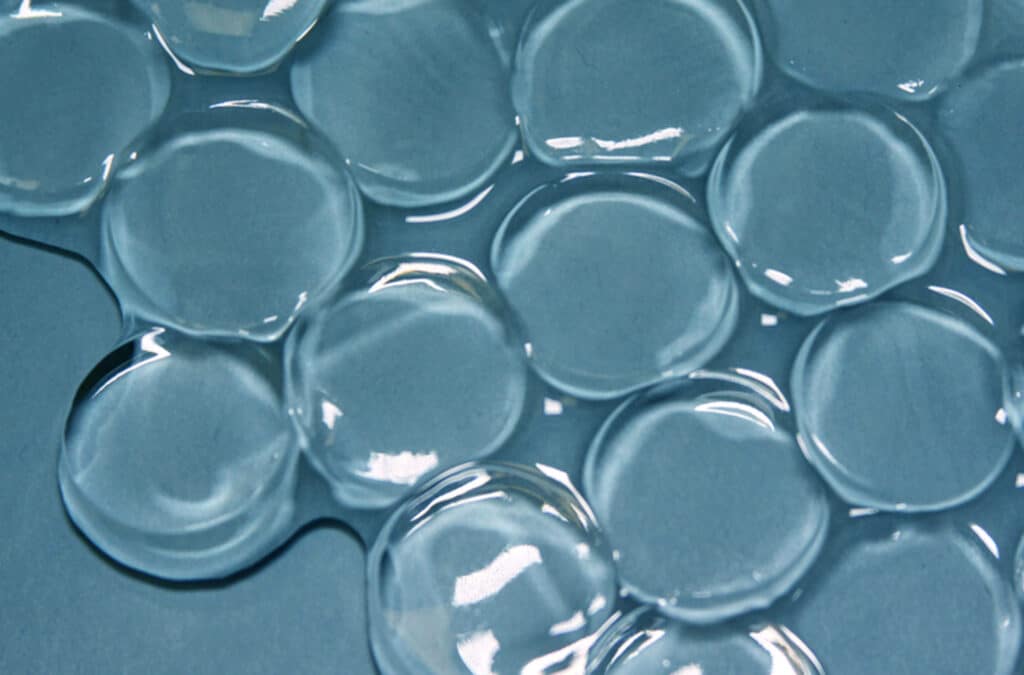Introduction:
Researchers in São Paulo, Brazil, have achieved a groundbreaking development
in the form of a low-cost anti-inflammatory hydrogel that could hold the key to effectively treating chronic skin lesions, a prevalent issue among individuals with diabetes. Their recent findings, published in the Biomedicine & Pharmacotherapy journal, shed light on the promising results obtained from animal tests. Fill out this form to check if you or a friend qualifies for Continuous Glucose Monitors and improve diabetes control.
The Diabetes Epidemic in Brazil:
With Brazil ranking sixth in the list of countries with the highest number of diabetes cases, diabetes has emerged as the fifth leading cause of death worldwide. A staggering 17.7 million Brazilians grapple with the metabolic disturbances stemming from impaired insulin secretion and action, including conditions like nephropathy, neuropathy, and slow wound healing. Chronic wounds, particularly foot ulcers, afflict approximately one in five diabetics.
Must read about: CGMs in noncritical care hospitals optimizes glycemic control
Chronic Skin Lesions in Diabetics:
In individuals with normal health, skin injuries initiate a series of natural healing processes. This involves platelet aggregation to control bleeding, allowing for coagulation and cell growth. Subsequently, new blood cells and collagen form. However, diabetics experience hyperglycemia, elevating the production of reactive oxygen species, which intensify inflammation and disrupt blood vessel formation.
Harnessing Biological Hydrogels:
Biological hydrogels have proven effective in accelerating wound healing by creating a moist and sterile environment conducive to recovery. In this study, researchers from São Paulo State University (UNESP) and the Federal University of São Paulo (UNIFESP) formulated a hydrogel based on annexin A1 (AnxA1), a protein known for its role in inflammation regulation and cell proliferation. The study demonstrates the hydrogel’s ability to modulate the wound environment, promoting tissue regeneration.
Read Guide about Wegovy Dosage Guide: The Best Way For Weight Loss
Successful Testing in Diabetic Mice:
The hydrogel containing AnxA12–26, a synthesized peptide, was tested on mice with induced type 1 diabetes and skin lesions. Within three days, a reduction in inflammatory cell count was observed. After 14 days, the wounds had fully healed. In contrast, diabetic mice treated with a peptide-free hydrogel showed prolonged acute wound inflammation.
Improvement in Tissue Regeneration:
Immunohistochemical analysis revealed improved tissue regeneration, including increased keratinocyte proliferation, reduced macrophage levels, and elevated vascular endothelial growth factor (VEGF) concentrations, which encourage new blood cell formation. The cytotoxicity assay affirmed the hydrogel’s biocompatibility and safety for treating diabetic wounds.
Also, read about Time-Restricted Eating Effective for Type 2 Diabetes
Pioneering Research by Sonia Maria Oliani:
Sonia Maria Oliani, the last author of the article and a professor at UNESP’s Institute of Biosciences, Letters, and Exact Sciences (IBILCE) and UNIFESP’s Program of Graduate Studies in Functional and Structural Biology, emphasized the hydrogel’s absorbent properties, which promote faster healing. She stated, “It’s an effective option to expand the therapeutic arsenal for treating diabetic wounds.”
Low Cost and Versatility:
In addition to its remarkable effectiveness, the hydrogel offers the advantages of cost-efficiency and ease of production. This affordability is particularly significant in South and Central America, where the annual cost of diabetes treatment exceeds USD 65.3 billion. The hydrogel also exhibits potential for applications in treating oral mucosa wounds, with ongoing research in progress.


